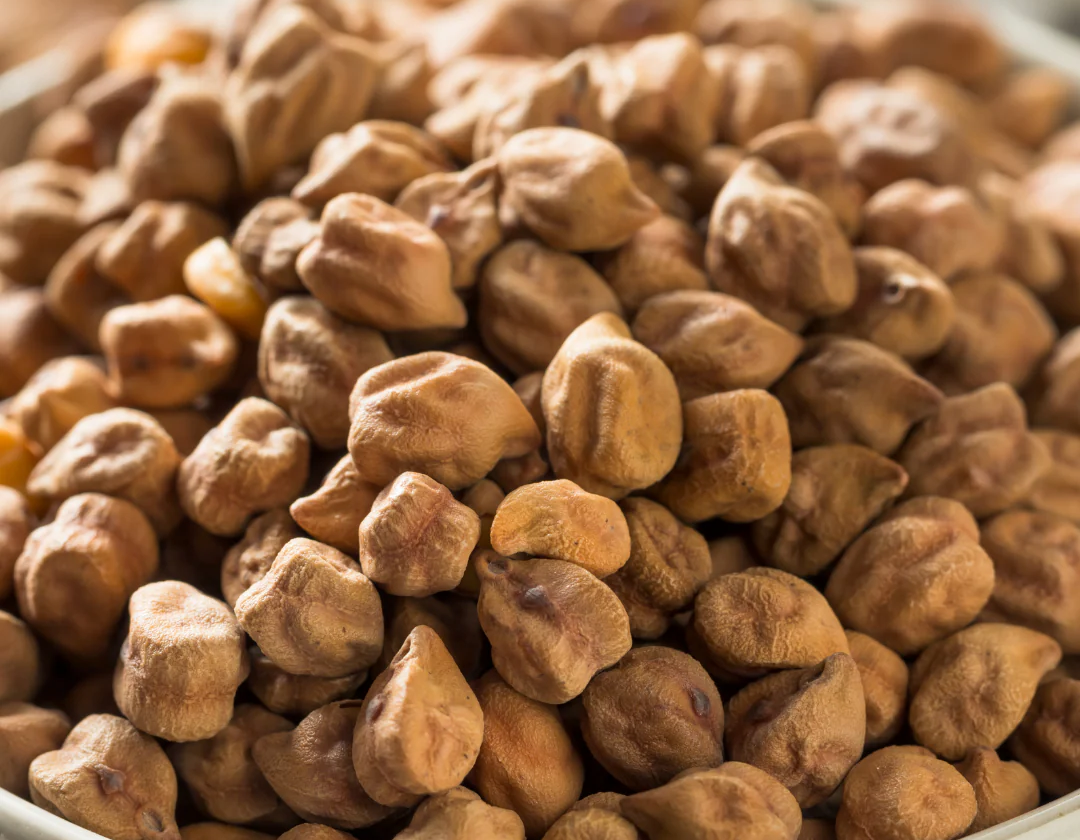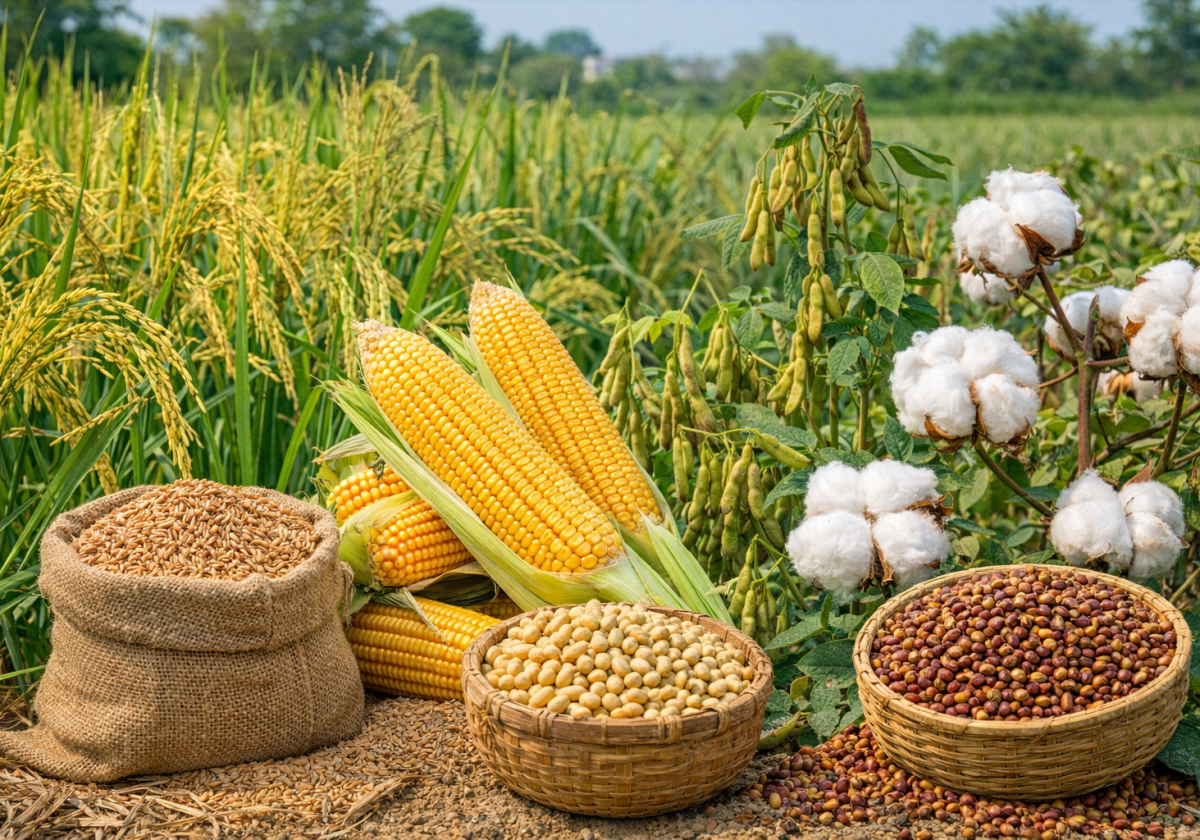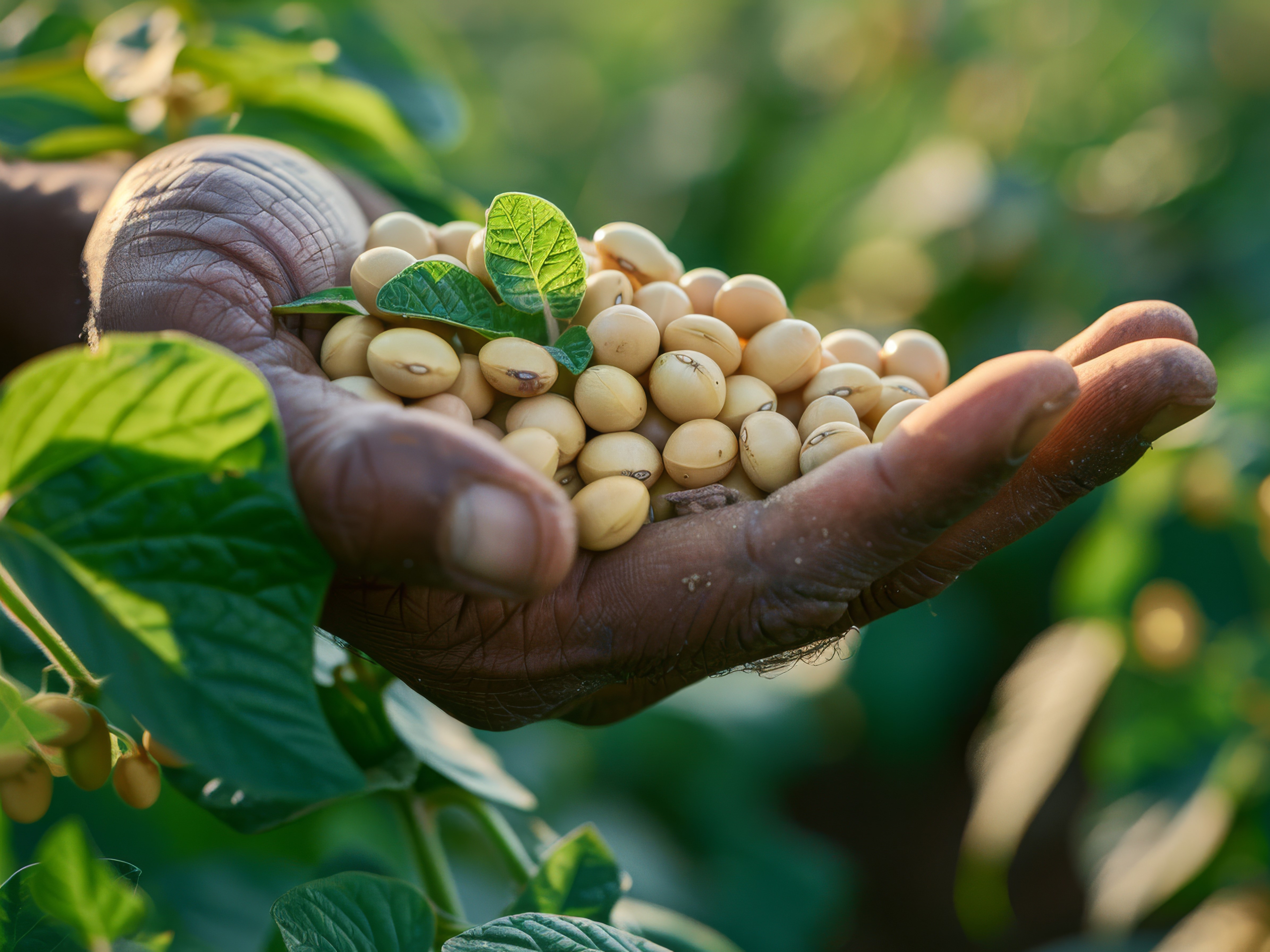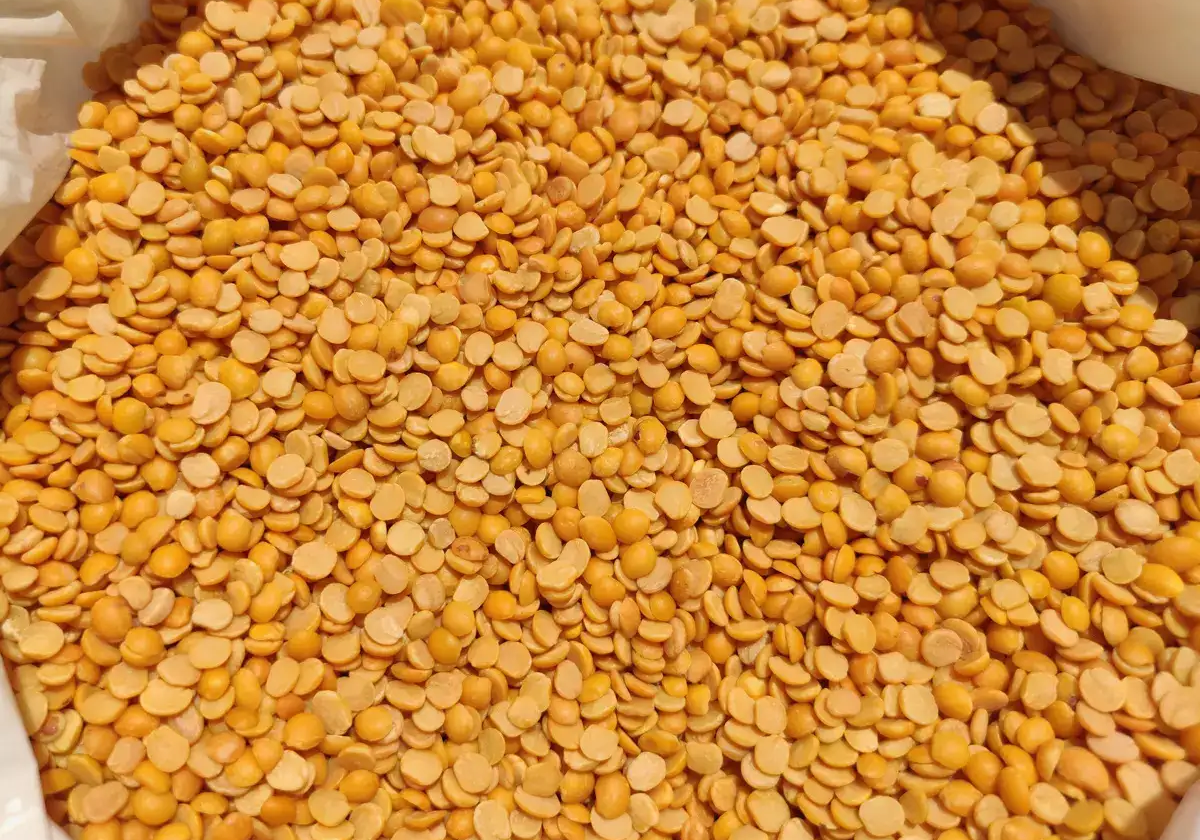India is leading a digital agricultural transformation, with smart farming technologies changing the game. These innovations are revolutionising crop cultivation and livestock management. They empower farmers to increase productivity, use resources more efficiently, and adopt sustainable practices.
But what are these advanced solutions, and how are they shaping India’s agricultural future? Let’s explore the exciting realm of smart farming and discover its key to thriving agriculture.
Key Takeaways:
- The smart agriculture market in India is expected to grow at a CAGR of 13.38% from 2022 to 2028 and reach a revenue of $886.21 million by 2028.
- Precision agriculture leverages data-driven insights to optimise crop management and resource utilisation.
- IoT and big data analytics are driving unprecedented levels of farm productivity.
- Smart farming solutions are enabling sustainable agriculture, benefiting both farmers and the environment.
- The adoption of smart farming is poised to transform India’s agricultural landscape in the future.
Precision Farming & IoT in Agriculture
Precision agriculture transforms farming using GPS, smart agriculture sensors, and advanced software. It enables precise control over irrigation, fertiliser, and pesticide application, leading to better resource use and less waste. By analysing real-time data on soil, weather, and crop health, farmers can optimise their operations.
The use of IoT-enabled farming and big data in agriculture is changing how farmers manage their farms. Devices and drones collect data on soil moisture, nutrient levels, weather, and pests. This data, analysed through advanced analytics, helps farmers make informed decisions for better productivity and sustainability.
“Embracing smart farming technologies has enabled us to boost crop yields, reduce input costs, and minimise our environmental impact. The data-driven insights have truly transformed our approach to agriculture.” – Farmer Raj Malhotra, Haryana
Big Data in Farming: Revolutionizing Traditional Practices in India
The digital transformation of agriculture in India is introducing a new era of precision farming. Advanced sensors and data analytics are helping farmers optimise inputs and maximise outputs. By harnessing IoT and big data analytics, farmers can now make better decisions on irrigation, fertiliser, and pest management. This leads to a notable increase in farm productivity.
“Smart farming technologies are not only increasing yields but also helping us conserve precious natural resources like water and reduce our carbon footprint. This is truly the future of sustainable agriculture in India.”
The smart farming revolution in India also benefits smallholder farmers, who dominate the country’s agricultural sector. Innovative mobile apps and digital platforms offer these farmers real-time information on market prices, weather, and best practices. This enables them to make better decisions and enhance their livelihoods.
Conclusion
The future of smart farming in India is bright and filled with vast possibilities. Integrating advanced technologies like precision agriculture, IoT, and big data analytics is vital. These innovations can tackle significant challenges in agriculture, including food security, resource scarcity, and climate change.
Technology-driven sustainable farming practices are evolving rapidly. This evolution is set to transform traditional farming methods. Smart farming boosts productivity and profitability while promoting environmental care. It ensures a greener and more resilient future for Indian agriculture.
India’s transition to a technology-driven agricultural landscape is already underway. The pace is quickening. Farmers can improve resource use, increase yields, and adapt to climate change by embracing digital transformation. Looking forward, smart farming in India promises a prosperous, sustainable, and food-secure future.








 Connect With Us
Connect With Us